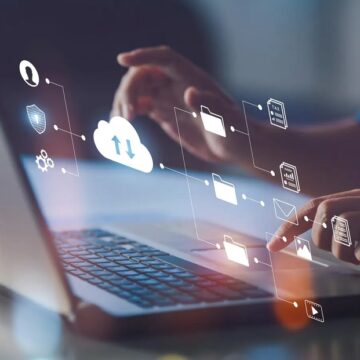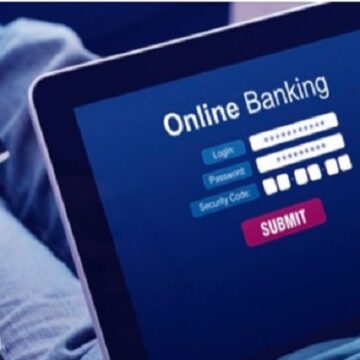Digital banking or personal bank online simplifies financial management. Using digital banking technologies, you may pay bills, deposit checks, and transfer money from anywhere. Online and mobile banking are the two most popular bank methods, owing primarily to their ease.
However, how safe are online and personal bank online? Is your information secure? While respectable financial institutions use various security measures, you may take certain precautions on your own to keep your financial and personal information out of the hands of hackers.
Here are seven helpful strategies to enhance your bank account’s security.
Change Your Password Regularly
You should use the password that was issued by your bank when you first logged in to your Internet banking account. However, to keep your personal bank online secure, you should reset the password. Furthermore, change your password at regular intervals. More importantly, always keep your password private.
Do Not Use Public Computers to Login
Avoid using public computers at cybercafes or libraries to access your bank account. Since these are busy areas, your password is more likely to be tracked or viewed by others. If you have to connect from such locations, clear the cache and browser history and erase the temporary files from that computer. Also, never let the browser remember your username and password.
Do Not Share Your Details with Anyone
Your personal online bank won’t request private information from you over the phone or email. So, whether you receive a phone call, an email or the bank demanding your login credentials, do not provide it. You should only use the login ID and password on the bank’s official login page, which should be a secure website. When logging in, look for ‘https://’ in the URL; this indicates that the website is safe.
Keep Changing Your Password Frequently
No matter how strong your password is, it will never be strong enough for the fraudsters who try numerous permutations and combinations to guess your personal online bank password and steal your money. Change your online banking password regularly to keep your account safe from prospective hackers and enable secure banking.
Use Two-Factor Authentication
Two-factor authentication (2FA) adds an extra degree of security to online banking. Before you may access your account, you must authenticate your identity twice. For example, on your bank’s website, input your login details and a security code from a text message. Some banks need you to enable 2FA before you can access your saving online account. Others provide you the choice to enable 2FA in your account settings. This procedure entails connecting your account to another electronic authentication mechanism, such as your phone.
Use Your Financial Institution’s Security Offerings
Banks like IDFC FIRST Bank offer some of the best and highest-level security features that help to safeguard your banking account and practices. For example, the saving online account can send you text alerts when they suspect any fraudulent activity in your account. So, you must make good use of these features to improve your account’s security.
Check Your Accounts Regularly
You can find any fraudulent transactions by monitoring your bank accounts online once every one to two weeks to search for any unauthorised activity. You can claim these charges at your financial institution in order to receive a refund.
Conclusion
To sum up, the above-mentioned seven strategies can help you enhance your bank account’s security. If you are looking for an online banking app that offer excellent security, IDFC FIRST Bank could be your best bet. It is among the most promising banks trusted by most individuals. It is also RBI-approved and makes IDFC FIRST Bank customers enjoy reasonable security 24/7.















